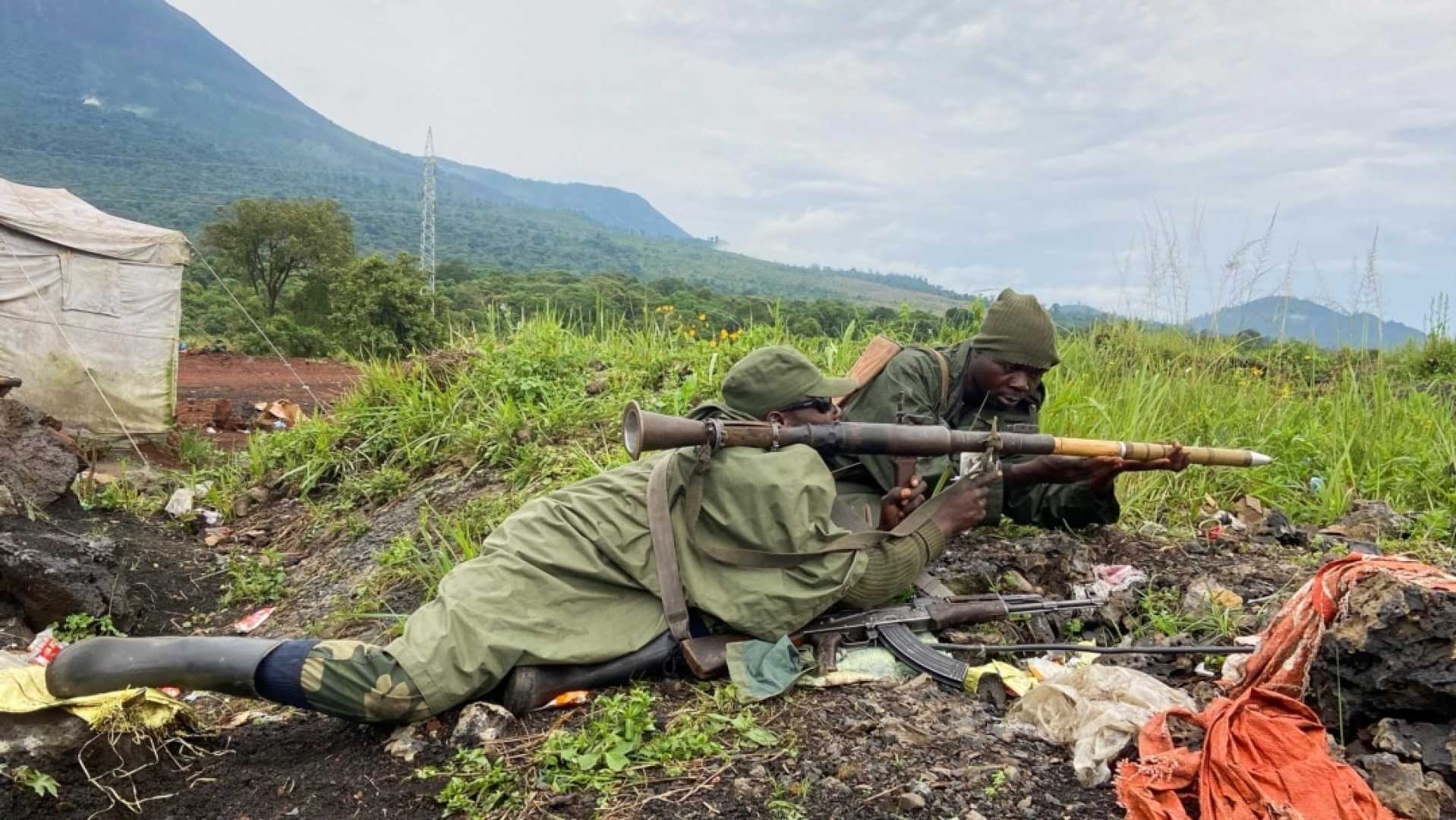World
UN Report Accuses Rwanda of Supporting Rebel Group in DRC Conflict

Kampala, Uganda – A leaked report from United Nations experts claims Rwanda exercises “command and control” over the M23 rebel group in the eastern Democratic Republic of the Congo (DRC). The report, submitted to the UN Security Council in May, indicates that Uganda has “unilaterally doubled its military presence” in the DRC, while various armed groups, including those allied with the Congolese government, are committing rights violations against civilians.
The document, which is yet to be published, has been seen by Al Jazeera and is set to reveal findings that blame neighboring governments for escalating the ongoing violence. A UN expert who contributed to the report disclosed its existence under anonymity, but did not provide a specific date for its release.
This report could undermine the fragile optimism surrounding a recent deal signed between Rwanda and the DRC aimed at ending hostilities. The M23 group, allegedly backed by Rwanda, has been engaged in conflict with Congolese forces for years, notably seizing control of cities like Goma and Bukavu earlier this year.
The UN experts maintain Rwanda provides vital support to M23, asserting that the rebels take directives from Rwanda’s government and intelligence agencies. Previous reports indicated Rwandan troops were deployed alongside M23 fighters.
Rwandan President Paul Kagame has dismissed the experts’ claims, characterizing them as biased. Speaking at a press conference on July 4, he likened the panel to an arsonist acting as both judge and prosecutor. Kagame criticized the aforementioned reports for allegedly ignoring the actions of the FDLR, an armed group linked to the 1994 Rwandan genocide.
Recently, the findings have prompted speculation about Uganda’s military deployment in the region. The Ugandan People’s Defence Forces (UPDF) reportedly increased its troop presence without the prior approval of the Congolese government, raising questions regarding Kampala’s intentions in the conflict.
To date, the DRC government has faced challenges in maintaining control over its eastern territories, often relying on irregular forces which have been implicated in various human rights abuses. The UN report suggests that this reliance has worsened the state of security and human rights within the region.
An analysis from Kristof Titeca, a professor at the University of Antwerp, suggests that Kampala and Kigali hold overlapping interests in the DRC. As tensions and military maneuvers intensify, it appears that both countries maintain a complex relationship of both cooperation and competition.
The report aims to shed light on the responsibilities all parties bear in the ongoing humanitarian crisis, which has led to widespread displacement and rights violations against civilians in the DRC.
In closing, the public and international community are awaiting the official release of the report, which could provide a comprehensive understanding of the factors contributing to the crisis in the DRC and their implications for regional stability.












